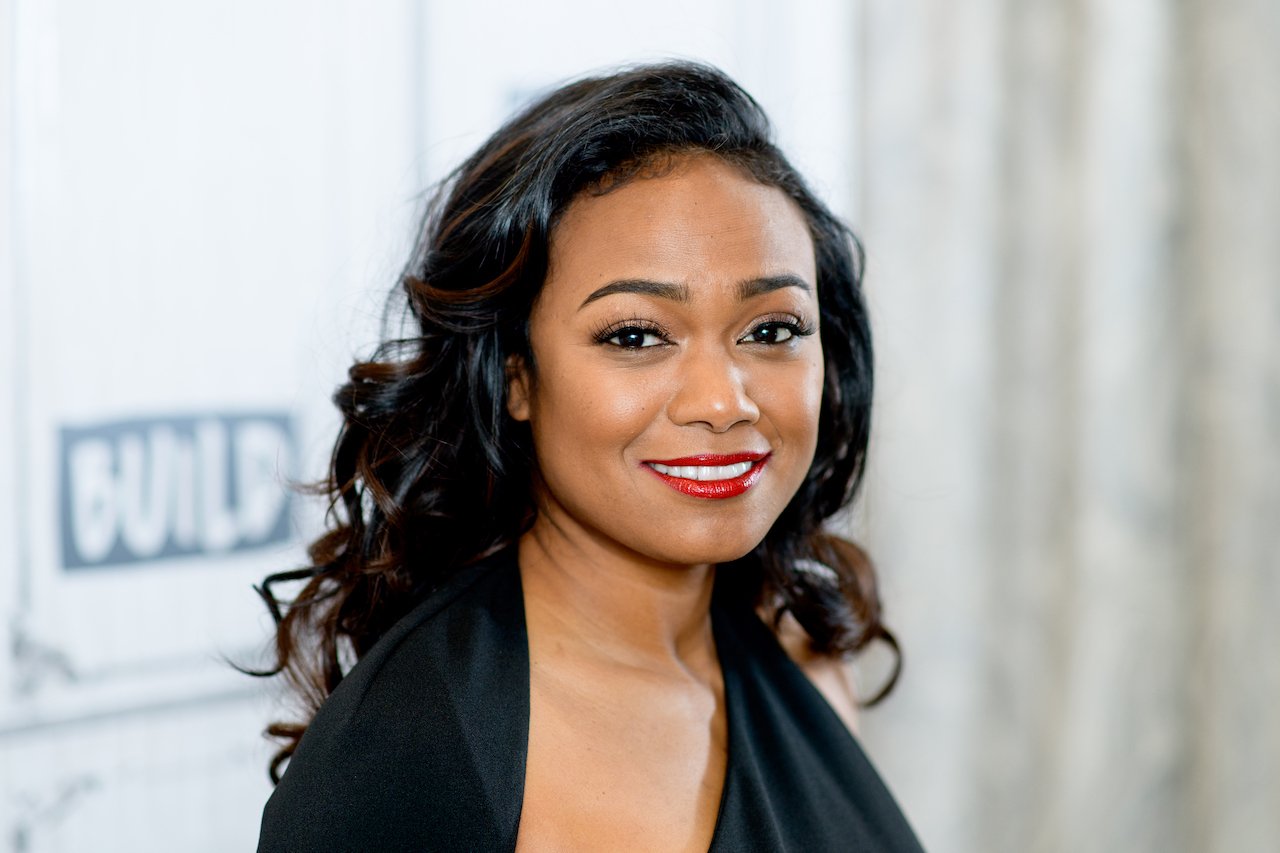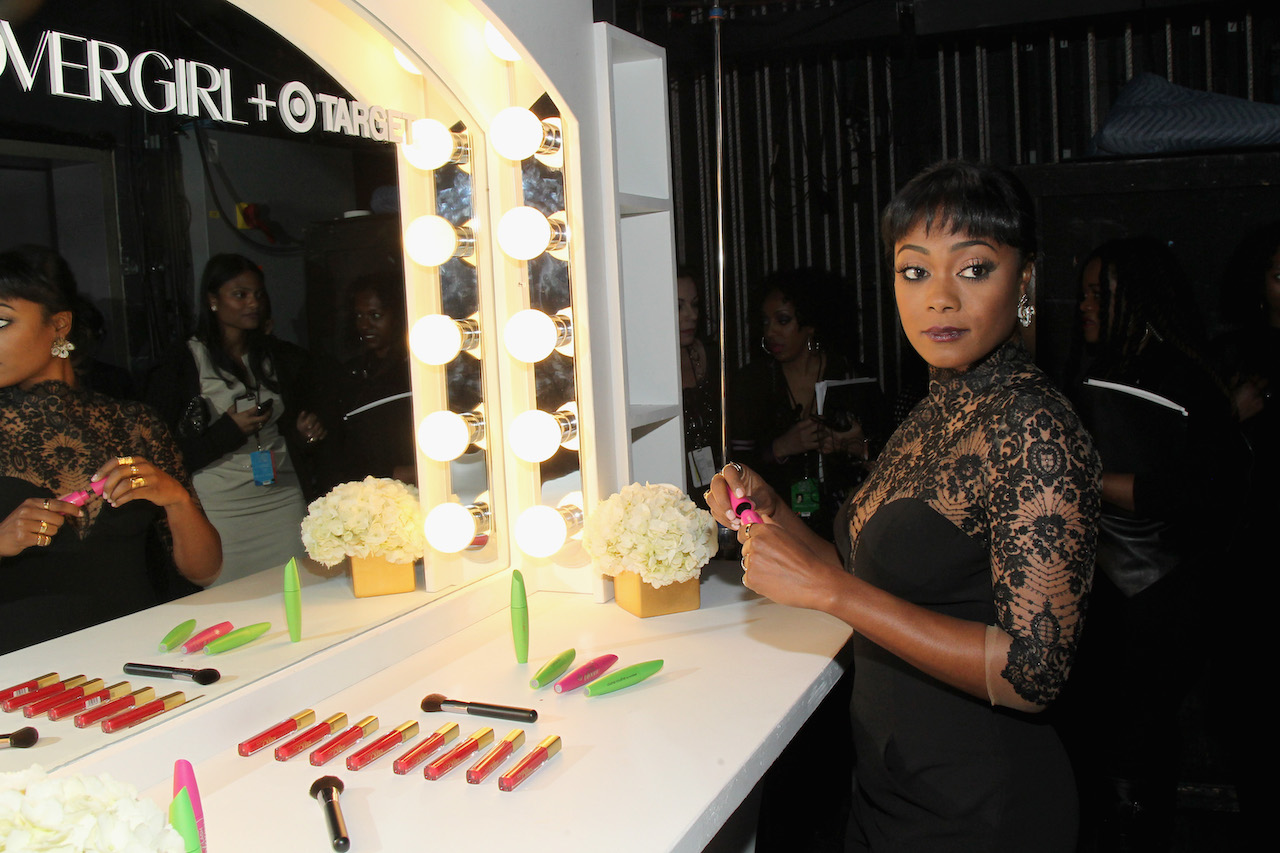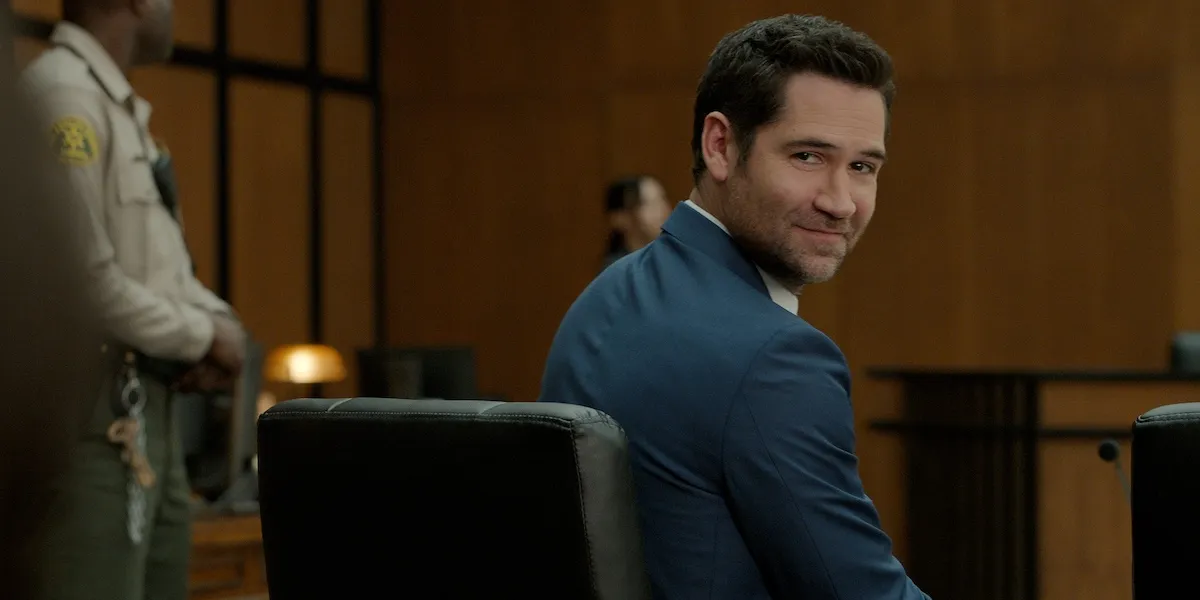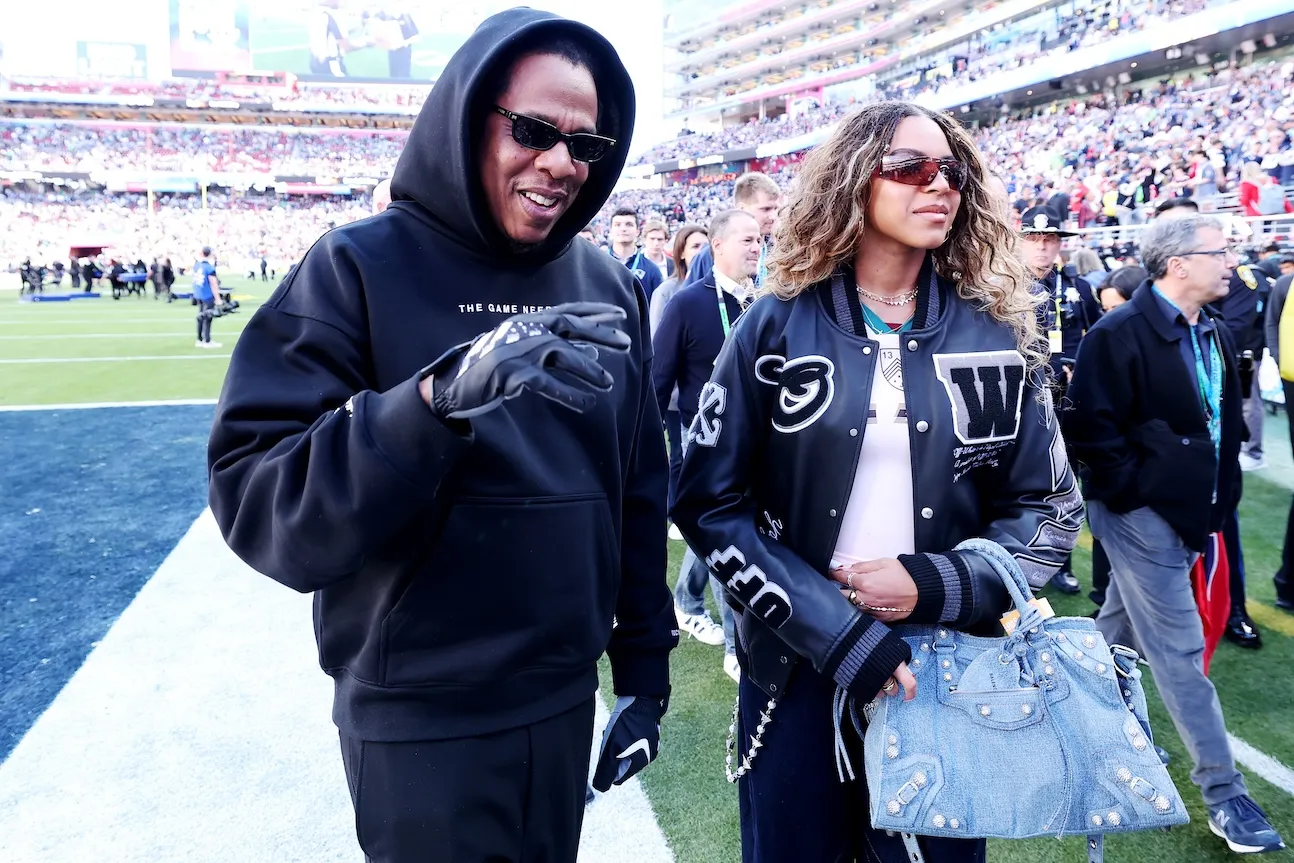‘The Fresh Prince of Bel-Air’ Alum Tatyana Ali Was ‘Sorted’ By Skin Tone — Her Take on Colorism in Entertainment
Tatyana Ali became a household name after scoring the role of Will Smith’s precocious cousin Ashley on The Fresh Prince of Bel-Air. After the sitcom ended in 1996, Ali remained a fixture in the entertainment industry where she says the phenomenon of colorism exists.

Tatyana Ali explained the wide reach of colorism in society
Colorism is the discriminatory treatment of people based on skin color, giving preferential treatment to those with lighter complexions while mistreating or excluding individuals with darker skin. Ali opened up about her experience with colorism in Hollywood during an interview on SiriusXM’s The Clay Cane Show.
“My journey has been interesting,” Ali reflected. “There’s been colorism, but colorism, it’s funny. You assume that colorism only comes from the white community and that it’s sort of put upon us, but there’s also colorism within the Black community.”
The star described how it feels to be divided, ranked, and sorted by complexion

During her stint as Ashley on The Fresh Prince of Bel-Air, Ali was a part of a TV family that beautifully displayed varying shades of Blackness. The Banks family, along with cousin Will, were simply a loving American family. Skin tone was not an issue, problem, or question in the sitcom world.
Unlike the fictional Ashley Banks character, Ali told The Clay Cane Show that her real-world experiences with colorism have been “hurtful.” Ali recalled, “I’ve even been involved kind of unknowingly in projects that they’re going to talk about colorism, but then at the same time, they further divide us and continue to rank you.”
The actor described a television program in which she believed she would be juxtaposed with various other women in the same project discussing a shared experience. “And what ended up happening,” explained Ali, “was the stories were split and I was put into a light-skinned girl thing.”
Ali said that her interview was used in the Dark-Skinned Girls and Light-Skinned Girls project, and she initially thought that she could contribute to both aspects of the conversation. “I had no idea I was going to be sorted,” Ali revealed.
About being categorized as “light-skinned” in the program, Ali said, “We’re all Black women, we’re all women having an experience [of] what it’s like to be cast into these categories. And yeah, I thought that was disappointing that we were separated in the project itself, and I don’t know who decided what category I was supposed to be sorted into.”
After the Light-Skinned Girls segment aired, social media exploded with criticism and debates about Ali’s classification as “light-skinned.” Ali recalled feeling, “Oh my God, this is so hurtful.”
Tatyana Ali’s former TV mom from ‘The Fresh Prince of Bel-Air’ also addressed colorism
Janet Hubert played Ali’s TV mom, Vivian Banks, for the first three seasons of The Fresh Prince of Bel-Air. She departed amid reports about contentious relationships with co-stars, and her part was recast with Daphne Reid. During the 30th-anniversary cast reunion, Hubert opened up about the circumstances of her departure and the consequences to her reputation as a Black actor.
“Calling a Black woman difficult in Hollywood is the kiss of death and it’s hard enough being a dark-skinned Black woman in this business,” Hubert said.
During her chat with Clay Cane, Ali responded to Hubert’s comment, saying, “I didn’t know that she felt that way. When we were working on the show together, I mean, we always talked about how beautiful she was.”
Ali continued, “I saw her with a spotlight on her, and that’s how I thought she was being represented on the show. She was — in terms of beauty and Black beauty and as a young Black child — I thought she was radiant and I thought the spotlight was on her, and that was something that I wasn’t used to seeing. I didn’t get a chance to tell her that at the reunion, but if she hears that, I hope that gives her some comfort that for the things that she went through, she meant a lot to a lot of people, to young people.”
Follow Erika Delgado on Twitter.


